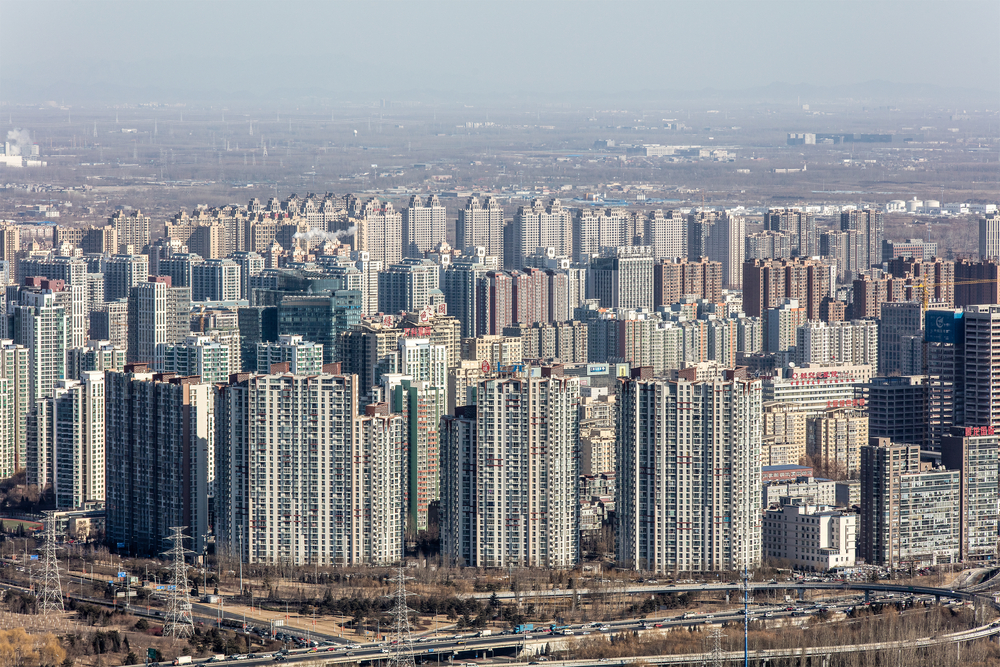China’s residential property market leaps for 33rd month
China’s average house prices increased for the 33rd month in a row, inducing the government to take market-cooling measures

As of November, average house prices increased by 4 percent throughout 70 Chinese cities compared to a year ago, based on data by the National Bureau of Statistics. This 33rd straight month rise has induced the government to introduce market-cooling measures in order to prevent such risks that led to the 2008 United States housing bubble, reported the South China Morning Post.
Song Yulin, senior manager at property agency Baonuo, said that there were “growing signs of a buying spree in either new homes or pre-owned [property] in major cities like Shanghai.”
“Local authorities are set to step in to stabilise the market if a wild price gain in home prices occurs,” Yulin added.
The rebuff of home prices to surrender to government measures highlights why Guo Shuqing, a Chinese bank regulator, refers real estate as “grey rhino”, a metaphor often used to refer to a predictable catastrophic incident in financial services.
The property market is one of the main driving forces of China’s economy. However, simultaneously, housing affordability has been an on-going issue for the government to keep home prices stable, especially as many young couples and first-time homebuyers want to enter the property ladder.
More: Expansion of manufacturing industry in China indicates strong economic recovery
Local authorities have turned to administrative measures to contain house prices. Shanghai citizens, who are capped at two houses per household, must pay no less than 70 percent of the value of their second estate as downpayment, doubling first-home buyers’ minimum payment.
The government is also concerned about a housing bubble that might occur from burdening the country’s financial services industry with bad loans.
Guo stated, “it’s safe to say that the property market is currently the greatest grey rhino in terms of financial risks.”
On the report of a joint study by the United Nations and the Chinese Academy of Social Sciences (CASS), soaring house prices in big nations would pressurise competitiveness as the recruitment of global talent would become more challenging.
Recommended
Why everyone is moving to Selangor and Johor: Malaysia’s real estate comeback
Malaysia’s upturn in fortunes is especially prevalent in secondary destinations such as Selangor and Johor
Penang’s silicon boom: How the US-China tech war is supercharging local real estate
Penang’s booming semiconductor industry has created ripples within the local real estate sector
New leader, new opportunities: How Hun Manet is shaking up Cambodia’s real estate game
Hun Manet is overseeing decent economic growth and widening access to the country’s real estate market for foreigners
Singapore embraces inclusive housing reforms amid resilient demand
The Lion City’s regulatory strength continues to exert appeal for international investors








